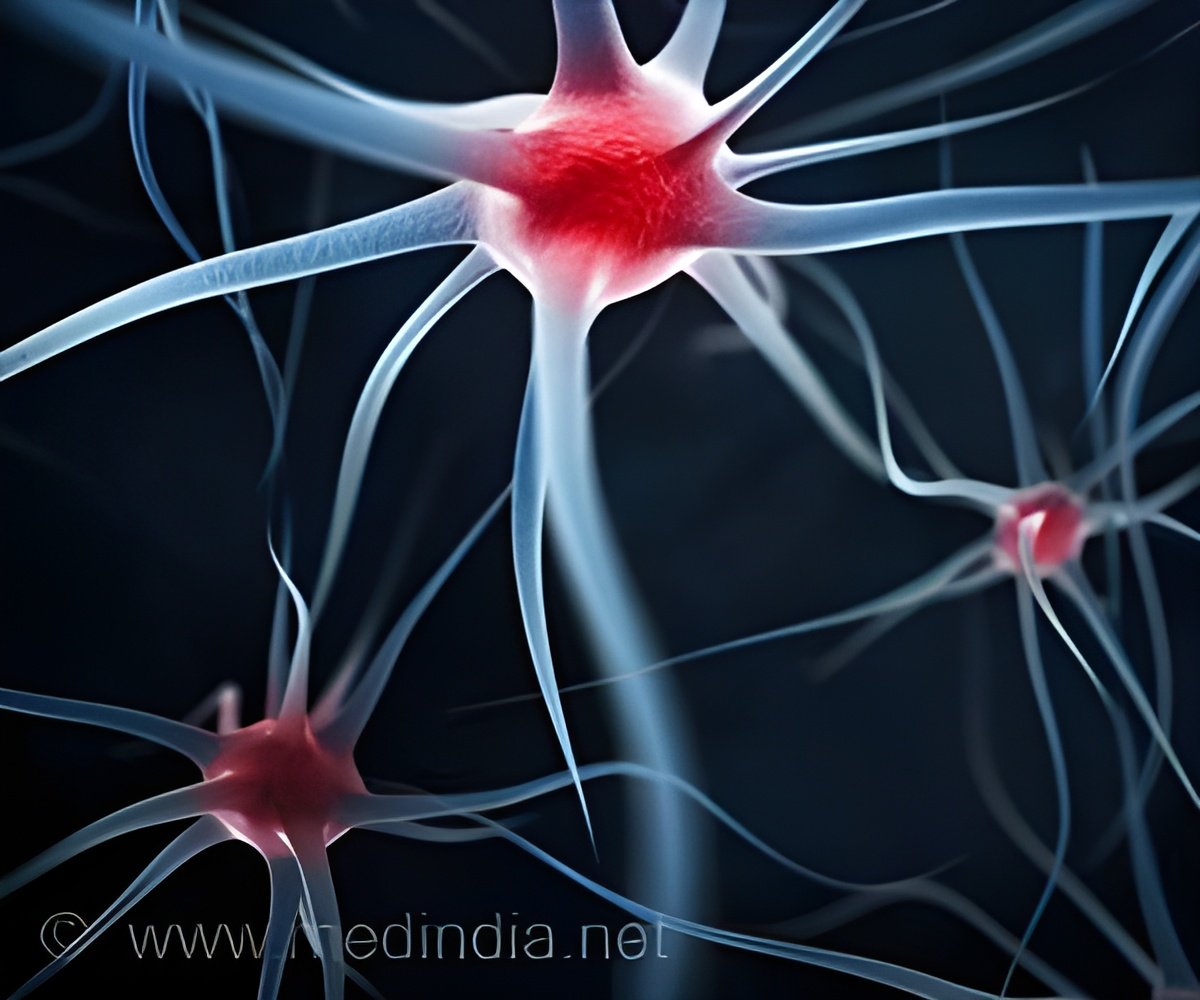Stem cell behavior tracked for decades post-transplant reveals the impact of donor age and genetics on patient outcomes.

Clonal dynamics after allogeneic haematopoietic cell transplantation
Go to source). These findings could lead to new approaches in selecting donors and improving transplant outcomes, potentially making the process safer and more effective.
‘Did you know? Younger donors can provide up to 10x more essential stem cells! #stemcell #genetics #medindia’





Advertisement
Revealing Long-Term Stem Cell Dynamics Post-Transplant
Researchers from the Wellcome Sanger Institute, in collaboration with the University of Zurich, mapped the behavior of stem cells within recipients’ bodies up to 30 years post-transplant, offering the first insights into the long-term dynamics of these cells.The study, published in Nature with partial funding from Cancer Research UK, reveals that transplants from older donors — often associated with lower success rates — result in ten times fewer essential stem cells surviving the transplant process. Additionally, some surviving cells lose the ability to produce the diverse range of blood cells necessary for a strong immune system.
Over a million people worldwide are diagnosed with blood cancer each year, including cancers such as leukemia and lymphoma, which can stop a person’s immune system working properly. Stem cell transplants, also known as bone marrow transplants, are often the only curative treatment option for patients. The procedure replaces a patient’s damaged blood cells with healthy stem cells from a donor, which then rebuild the patient’s entire blood and immune system. In the UK alone, over 2,000 people undergo this procedure each year.
Despite being performed for over 50 years, many fundamental questions about how transplants work have remained unanswered. While they can be life-saving, outcomes vary widely, leaving many patients facing complications years later. Donor age has been known to impact success rates, but what happens at the cellular level following a transplant has been a ‘black box’, until now.
Advertisement
Long-Term Stem Cell Survival and Aging in Transplants
In this new study, researchers from the Wellcome Sanger Institute and the University of Zurich used advanced genome sequencing techniques to analyze blood samples from ten donor-recipient sibling pairs up to 31 years post-transplant.By analyzing the mutations that occur throughout life in the donor and recipient’s stem cells, they could track how many stem cells had survived the transplant process and continued to produce new blood cells in the patient’s body — an approach previously impossible.
The team discovered that in transplants from younger donors — those in their 20s and 30s — about 30,000 stem cells survive long-term, compared to only 1-3,000 in older donors. This drop could lead to reduced immunity and higher relapse risk, potentially explaining why younger donors often result in better outcomes.
They also found that the transplant process ages the blood system in recipients by about 10-15 years compared to the matched donors, primarily due to lower stem cell diversity.
Surprisingly, despite the intense stress of the transplant process, stem cells gain few new genetic mutations as they rapidly divide to rebuild the patient’s blood. This challenges previous assumptions about high mutation rates during transplantation.
Advertisement
Genetic Insights into Stem Cell Success Post-Transplant
The study also identified other genetic factors regardless of the donor's age that help certain stem cells thrive following transplant5. This range of genetic advantages could lead to the development of better treatments, making transplants safer and more effective for a wider range of patients.Dr Michael Spencer Chapman, first author of the study at the Wellcome Sanger Institute, said: “When you receive a transplant, it’s like giving your blood system a fresh start, but what actually happens to those stem cells? Until now, we could only introduce the cells and then just monitor the blood counts for signs of recovery. But in this study we’ve traced decades of changes in one single sample, revealing how some cell populations fall away while others dominate, shaping a patient’s blood over time. It is exciting to understand this process in such detail.”
Dr Markus Manz, senior author of the study at the University of Zurich, said: “The research highlights that age is more than just a number — it’s an important factor in transplant success. Although the hematopoietic stem cell system is amazingly stable over time, younger donors generally supply a larger and more diverse range of stem cells, which might be crucial for patients’ long-term recovery. We hope to continue exploring other factors that affect long-term hematopoietic stem cell dynamics in order to fine-tune both donor selection as well as recipient bone-marrow environments for optimal long-term stem cell function.”
Dr Peter Campbell, senior author of the study at the Wellcome Sanger Institute, said: “The transplant process forces blood and immune cells through a type of genetic ‘bottleneck’. Our new approach allows us to investigate this bottleneck phenomenon more closely. We find that the bottleneck provides multiple different opportunities for some stem cells to thrive more than others in their new environment in the recipient. We believe it will be possible to find the genes responsible for enabling some stem cells to thrive better than others – these genes could then in theory be harnessed to improve the success of the transplant procedure.”
Reference:
- Clonal dynamics after allogeneic haematopoietic cell transplantation - (https://www.nature.com/articles/s41586-024-08128-y)
Source-Eurekalert













